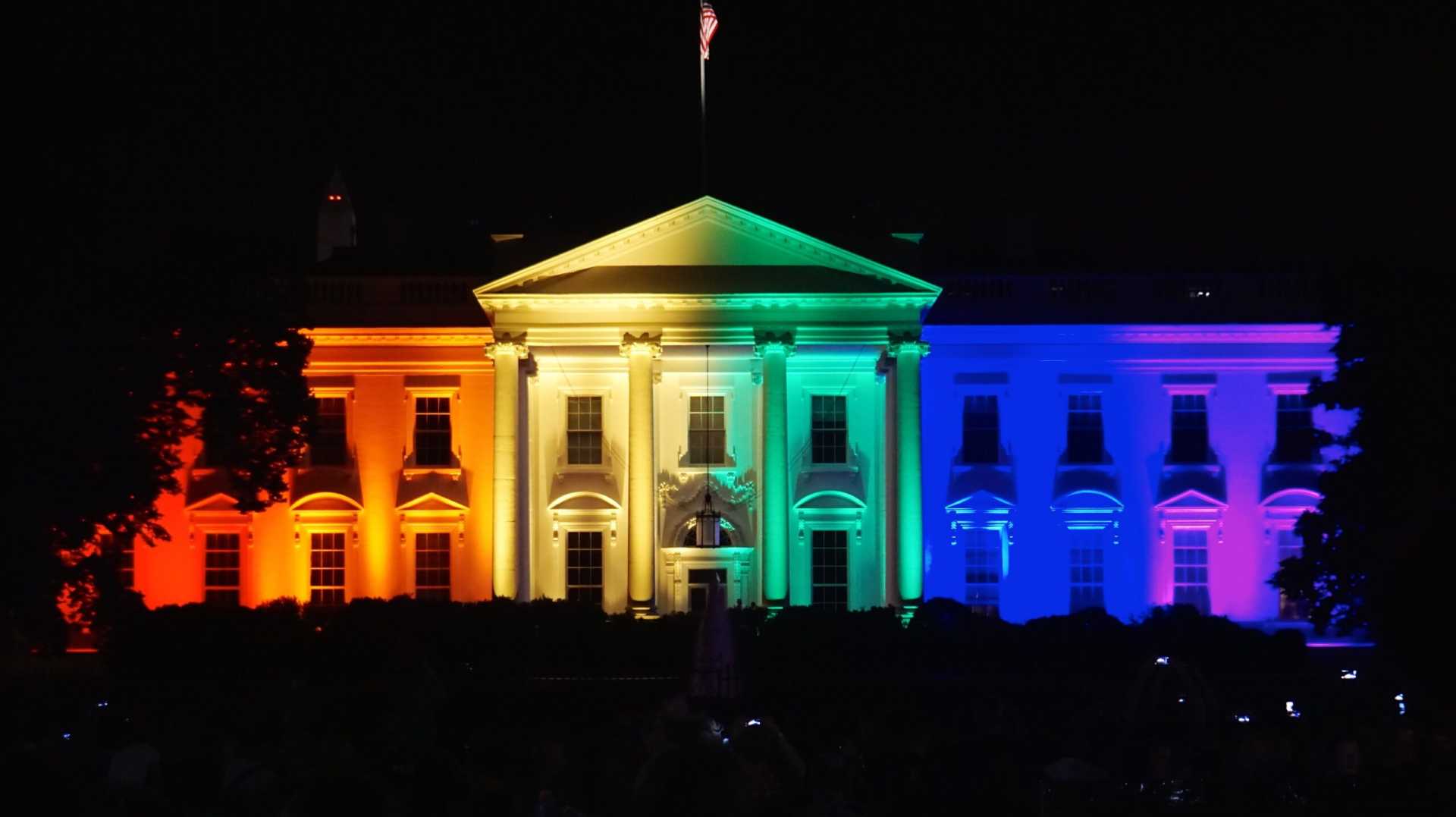News
A Decade After Obergefell: The State of Same-Sex Marriage in America

WASHINGTON –– On June 26, 2025, the United States marks ten years since the Supreme Court’s historic ruling in Obergefell v. Hodges, which legalized same-sex marriage nationwide.
The landmark decision, reached by a 5-4 vote, affirmed that marriage is a fundamental right protected by the U.S. Constitution. It mandated states to recognize same-sex marriages, correcting a fragmented legal landscape that previously allowed some states to ban such unions.
“They ask for equal dignity in the eyes of the law,” wrote Justice Anthony Kennedy in the majority opinion. “The Constitution grants them that right.” This decision marked a significant cultural shift, as it allowed same-sex couples to marry legally across the nation, leading to celebrations at courthouses and within communities that had long awaited this change.
Before the ruling, same-sex marriage was recognized in 37 states, but only a handful had legalized it outright. The Supreme Court agreed to hear Obergefell after the 6th Circuit Court of Appeals upheld state bans in Ohio, Michigan, Kentucky, and Tennessee, igniting debates that had persisted for decades.
Some couples, like Marcia Kadish and Tanya McCloskey, who were among the first to marry after the ruling, expressed deep relief and joy. “We felt we were married already. This was just making it legal,” Kadish said.
In the years following the decision, legal protections for same-sex couples have expanded. As of now, around 823,000 same-sex couples are married in the United States, more than double the number since 2015. Studies from the UCLA School of Law indicate that marriage among same-sex couples in the South has jumped from 38% to 59% between 2014 and 2023.
However, the anniversary arrives with renewed concerns. Several state lawmakers have introduced resolutions urging the Supreme Court to reconsider Obergefell, influenced by comments from Justices Clarence Thomas and Samuel Alito questioning the legal basis for the ruling during recent cases.
“There is a reason to be nervous, especially after Dobbs,” says University of Maine professor Jessica Feinberg, noting fears that marriage equality could be facing challenges. The 2022 Dobbs decision reversed longstanding abortion rights, further raising alarm among LGBTQ+ advocates.
Mary Bonauto, a key attorney in the Obergefell case and current director of civil rights at GLAD, underscored the importance of ongoing vigilance. “We believe that Obergefell is a sound decision, and we are optimistic about it remaining good law,” she remarked.
While public support for same-sex marriage remains strong, significant political divides persist. Recent polls show a widening gap between Republican and Democratic support for marriage equality, complicating the landscape as LGBTQ+ rights continue to evolve in American society.
The path ahead remains uncertain, but the legacy of Obergefell continues to influence millions of couples and families across the nation.












